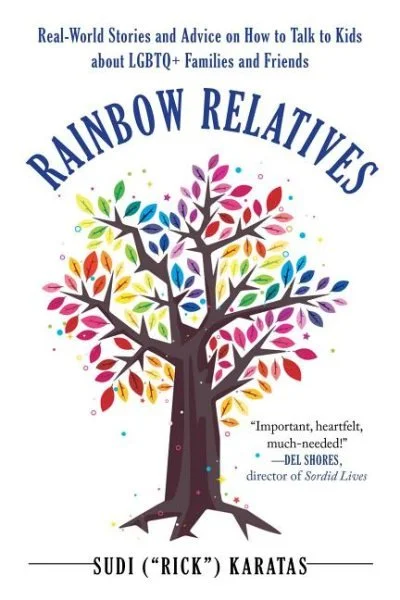Pride Month
June, LGBTQIA+ Pride month, promotes the self-affirmation, dignity, equality and increased visibility of Lesbian, Gay, Bisexual, Transgender, Questioning/Queer, Intersex, Asexual and all other identities that are part of the LGBTQIA+ community.
Originally adopted by the UCSF Medical Center 16 years ago, a core set of values is organized under the acronym PRIDE, which stands for Professionalism, Respect, Integrity, Diversity and Excellence. Pride, as opposed to shame and social stigma, is the predominant outlook that bolsters most LGBTQIA+ rights movements.
People who identify as lesbian, gay, bisexual, transgender or queer are at least twice as likely to have mental health challenges compared to the general population. Much of it comes down to life experiences.
Chances are you have been in situations that have made you uncomfortable. Think back to one such instance. Did someone say or do something? Perhaps it was a facial expression or body language – a frown, a puffed chest – that made you feel unwelcome or unsure. How else did you feel in the moment? Were you stressed, anxious, lonely? Did you perhaps feel, in addition to those other negative emotions, that no one was on your side? Now imagine you were constantly surrounded by the negative attitudes and behaviors of others. Unfortunately, this is the world that most LGBTQIA+ people live in.
People who identify as LGBTQIA+ experience chronic and unique social stressors that increase their chances of having a mental health issue. Those in the LGBTQIA+ community are more likely to be victims of discrimination, sexism and violence. Additionally, people who identify as LGBTQIA+ do not always have access to the support and resources they need to improve their mental health.
Today’s LGBTQIA+ youth are coming of age at a time of dynamic social and political change regarding LGBTQIA+ rights and visibility, yet they remain vulnerable to mental health challenges. Despite advances in individual-level treatment strategies, school-based programs and state-level policies that address LGBTQIA+ mental health, a critical gap remains in large-scale evidence-based prevention and intervention programs designed to support the positive development and mental health of LGBTQIA+ youth.
Glendale Library, Art & Culture and the City of Glendale honor Pride Month every year in recognition of the diversity in our community. The library provides materials, programs and information on a wide range of issues and viewpoints. These programs and materials are available for anyone to interact with, or not, as they wish. Patrons interested in these topics are welcome to participate in programs and check out materials for themselves and their children. Patrons who are not interested in these topics may check out a wide variety of other materials and participate in many other programs.
We can hope for a future where minority stress does not play such a huge role in the mental health of marginalized communities. Getting to this better future will require that individuals and organizations work together to overcome bias and embrace diversity. Embracing diversity means being inclusive and respectful of all people, ideas and viewpoints. It means being open and curious. And most profoundly, it means promoting fairness and opportunities for everyone.
Here are four articles for further reading:
“LGBTQ+”, NAMI, 2023
“Why Does the LGBTQIA+ Community Suffer From Poor Mental Health at Higher Rates” , Leann Bentley, University of Utah, July 7, 2021
“LGBTQ+ Communities and Mental Health”, Mental Health America, 2023
Here are today’s Wellness Wednesday Program book suggestions:





